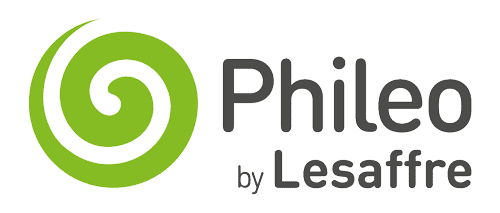Collaborating For A Sustainable Poultry Future
Poultry production plays a vital role in the global meat supply, contributing nearly 40% of all meat consumed worldwide, with broiler production alone reaching approximately 137.8 million tons in 2021. As the global population approaches 9.7 billion by 2050, the demand for poultry meat continues to rise. However, this growth brings significant environmental challenges, with feed production accounting for 74% of the sector’s carbon footprint. Today, producers are increasingly required by their customers to provide data on resource utilization and environmental impact, reflecting the growing consumer awareness and demand for sustainability.
Addressing these challenges requires innovative, sustainable solutions that balance productivity with environmental stewardship, ensuring the industry’s long-term viability.

Innovative Feed Solutions For A Greener Broiler Production System
Sustainable broiler farming addresses economic, social, and environmental challenges while enhancing efficiency, profitability, and animal welfare. Improving poultry nutrition through the use of advanced feed additives, such as postbiotics, can significantly benefit broiler health. Safmannan® is a cutting-edge yeast postbiotic that aligns with the One Health approach, offering multifaceted benefits for both broilers and the environment. This not only support overall broiler welfare but also optimize feed efficiency and reduce the environmental impact. By incorporating Safmannan® in broilers’ feed, producers can establish a more sustainable and profitable system for broiler production.
Empowering Broiler Producers, Protecting the Planet
Incorporating Safmannan® into broiler feed can contribute to improve broiler resilience to diseases, reducing the dependency on antibiotics, and thereby promoting better animal health and welfare. Furthermore, a recent Life cycle analysis (LCA) indicates that supplementing broiler diets with Safmannan® contributes to a significant 8.4% reduction in the carbon footprint per kilogram of broiler. In addition, the assessment reveals a 7.7% reduction in water consumption, an essential factor given the current context of scarcity of water resources.
The findings display Safmannan® additionally promotes the reduction in land use per kilogram of broiler live weight by 8.7%. As less land area is needed for crop cultivation, this result denotes an alleviation in the pressure on natural ecosystems.
Beyond the primary categories of LCA – carbon footprint, water use, and land use – Safmannan® further supports reductions on acidification (-12.5%), particulate matter formation (-11.4%), and various types of eutrophication, such as marine (-9.5%), freshwater (-8.6%), and terrestrial (-12.6%).
Safmannan®: The Triple Impact Solution for Broiler Production
Safmannan® delivers a comprehensive approach to sustainable broiler production, aligning with the goals of sustainable agriculture and supporting the 3Ps by addressing the critical needs of People, the Planet and increasing farmers’ Profit. By enhancing food safety and reducing Salmonella risk, it supports global nutritional needs. Environmentally, Safmannan® significantly reduces the carbon footprint, water usage, and land required for broiler production. For producers, it boosts feed efficiency, resilience, and welfare, offering a remarkable return on investment of up to 6:1.
Safmannan® is a transformative solution for a sustainable and profitable poultry future.

Download our Safmannan Whitebook















